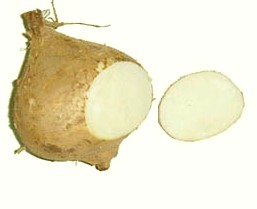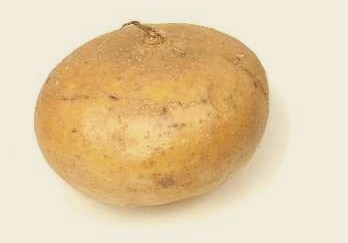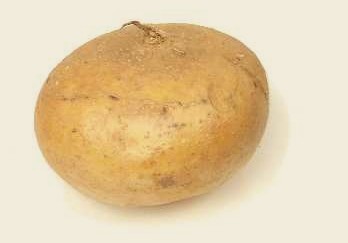Jicama is a tropical root vegetable often referred to as Mexican water chestnut or yam bean. It is natively found in Central and South America as well as the Caribbean. It is a part of the legume family has a distinct, partially sweet, delicate flavor. One can either consume the vegetable in the raw form or cook it. The outer covering is inedible, hence one has to remove it before intake. Jicama has a number of essential nutrients and hence has many health benefits.
History of Jicama
Jicama migrated from Mexico to Philippines and then from there to China, India and the rest of southeast Asia. It can now be found in many parts of the world.
Jicama is a vine plant that perennially flourishes under tropical and semitropical climates. It grows just like lima bean or other types of plants from the bean species. However, the most distinct feature of the plant is that it bears fleshy, round, turnip-like, edible starchy root below the surface of the ground. The outer covering of the root however needs to be removed before eating the white, starchy and mildly sweet insides.
The best jicama roots are round and firm with silky-looking skin that is not shriveled and is devoid of blemishes. Once cut, it can be refrigerated for up to two weeks or kept in an airtight plastic bag for up to one week. One should never freeze the vegetable as it can result in loss of flavor, texture and color.
Jicama can be stir-fried, or sliced into a salad, mashed or baked or can be served raw with lime juice garnishing.
Health benefits of Jicama
- Jicama is rich in Vitamin C which can improve the appearance of the skin. Vitamin C is known to promote the production of collagen which enhances the texture of the skin and thus gives it a healthy look. Additionally, it promotes the faster healing of skin wounds.
- Animal studies indicate that intake of jicama along with other insoluble fibers can promote the absorption of many minerals such as zinc and iron, thereby facilitating the enhanced intake of nutrients by the body.
- Since jicama is abundant in fibers of the insoluble kind, it aids the overall health of the digestive system. It facilitates the easy movement of food through the digestive tract, bulks up the stool and thus inhibits the occurrence of various gastrointestinal conditions such as diarrhea, constipation, etc.
- Jicama has antioxidant properties which aid in the removal of free radicals from the body and thus boost the immune system. It can thus prevent the re occurrence of certain cancers.
- It has low calorie content and can thus be a great-tasting snack to have between meals without being concerned about any increase in the weight.
- Since it is a starchy vegetable, it provides the necessary amounts of carbohydrates and starch for the body to be used as fuel for energy production.
Side effects
- Only the root of Jicama is edible. Other parts of the vegetable such as the seeds, leaves, etc. are toxic in nature and should not be consumed.
- The outer layer of Jicama can also contain toxins and hence it should be properly peeled off so as to avoid medical complications.
Jicama Pictures




